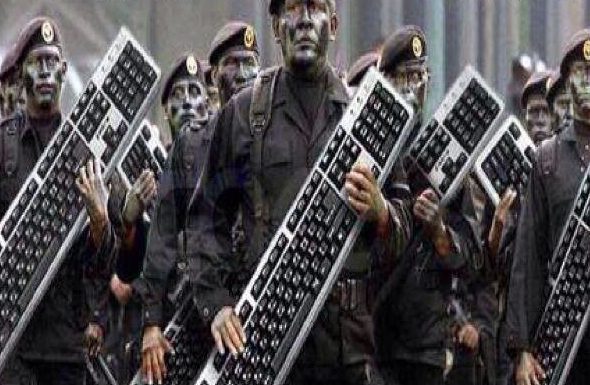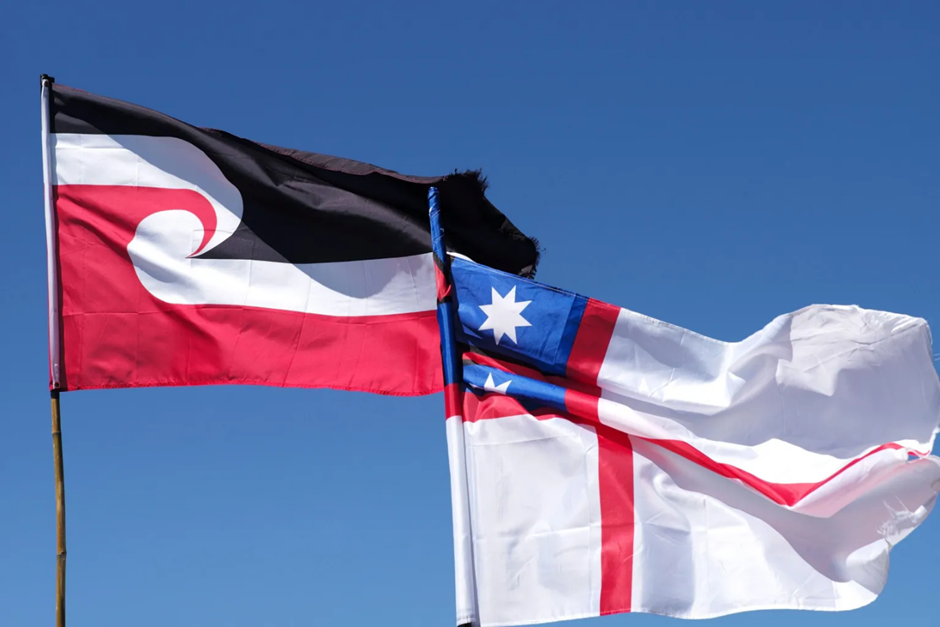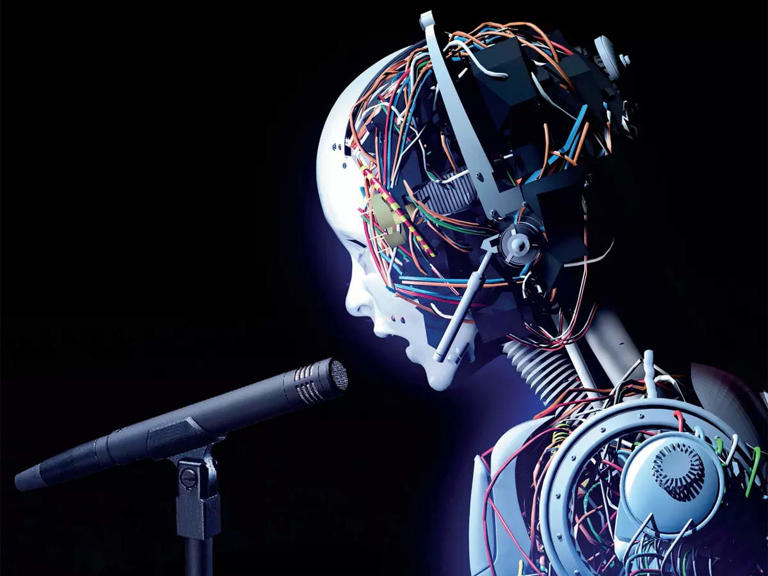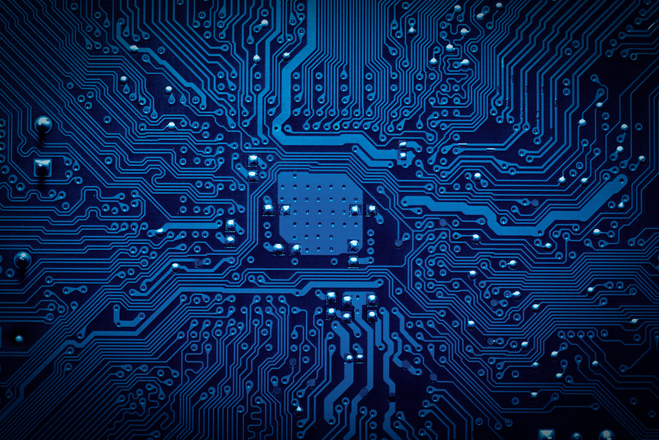The definition of a keyboard warrior is often used by non technically literate people as a derogatory term applied to online trolls/cyberbully and people who are online activists using technology to fight and raise concerns for a cause.
Warrior is a term often reserved for elite special forces, learned people of fighting arts and experts of contact sports. The common factor being that to gain the term warrior, one must be an expert or specialist in a specific area and use those skills to defend a principle, country or cause. Peculiarly, hackers who are network and Internet experts among other things do not get referred to as keyboard warriors.
Oxford dictionary defines “keyboard warrior”
A person who makes abusive or aggressive posts on the Internet, typically one who conceals their true identity.
AND warrior as
(especially in former times) a brave or experienced soldier or fighter.
Online activists and online trolls/cyberbully being termed keyboard warriors is a dichotomy; trolls/cyberbully or online bullies have psychological issues, are usually socially inept and need mental health assistance. Therefore, trolls/cyberbullies in no way deserve to be called a warrior. Online activists are passionate people who fight for a cause and usually are specialists in the field they are advocating for. They have realised and utilise the potential of the Internet to spread news and issues quickly and widely as possible with out the media bias. An online advocate is likely to have experienced trolls and knows how to deal with them.
Online trolls bully and emotionally hurt people via the Internet by sending abusive messages, private photos, impersonation and various other morally, socially wrong methods including illegal methods with the aim of hurting their intended victim. Mentally ill people with access to the Internet who abuse and hurt others are not deserving of the term “warrior”. Troll or mentally ill Internet user is more apt.
Mike Smith of Green Peace on a television programme hosted by Stacey Daniels, once mocked people who used Facebook to type messages of support and who lobbied oil companies about fracking. Mike Smith’s argument was that people needed to get out and actually physically lobby and protest. He failed to see that an effective protest in today’s modern technological society requires both forms of protest and advocacy. I don’t recall seeing any memorable mainstream media coverage of the multiple protests and scientific research that was being referenced at protest meeting. On Facebook, I got to witness photos, videos and links to research at a time that was convenient to me. This allowed me to make my own decision of fracking without media bias and at at the same time I was not being a public nuisance, disturbing the peace nor did my involvement require police time.
The world has witnessed the power of social media in oppressed countries governed by a dictatorships where citizens upload photos and videos to the web for the international community and media who can not get direct access to the country in question. The wide spread media ban of The Dakota Access Pipeline protests and the Indigenous Peoples protests would never have gained international attention had it not been for keyboard warriors.
Society changes and makes decisions based on information being readily available and more often than not that information is available on our screen and peer reviewed by anyone with Internet access. Important information and protests can not wait for a hand written letter which takes days to arrive or to rely on a phone call to someone who then has the ability to not action a concern or to share the information. Online protesting and advocacy allows information to be shared around the globe in seconds.
Māoridom has yet to fully appreciate the value and risk of the Internet. So it is easier for Māori to remain within the tikanga and not use the Internet for protest. I suspect this will change more and more with younger generations who see social media synonymous with their daily lives. Hone Morris, a lecturer at Massey University made the following statement at the tangi of activist and academic Dr Ranginui Walker:
“Ranginui, your pen was your taiaha”.
Dr Ranginui Walker was an amazing leader who was a warrior for his people. As catchy and memorable as the quote above is, in reality, Dr Ranginui Walker likely used his keyboard to write the many papers and publications which assisted his dream to ensure his view of reality would be accorded the same respect that was given to Pākehā commentators and ‘experts’ who made pronouncements and wrote authoritative books, dissertations, and reports on Māori failings. Dr Ranginui Walker wrote many papers, was a regular commentator and published several books about Māori activism. Had the Internet been more advanced and mature in his life time, his word and opinions would have had a far more outreach and influence.
Indigenous Peoples and other minority groups need to power of the Internet to raise awareness of their causes in a passive legal manner. A mindset change is required to use technology. Originally it was face to face discussions that became outdated due to the pen and paper; today’s society is technological with the keyboard and internet connected device is the new most efficient method of communication.
Society and the media need change the way they use the term “keyboard warrior” as it describe two different types of people. The taiaha, mere and patu are no longer useful for seeking change. The mind, influence and articulation is required as is a keyboard to share and influence.





Leave a Reply
You must be logged in to post a comment.